The first time I left my apartment in a skirt, it took no less than seven attempts. Two attempts, to just walk out the door. Two to go down the elevator to the lobby. Three to walk out into the fresh air and feel fully exposed as who I am. Not to mention, fully exposed to how chilly it is in a slight December breeze.
I had just announced to my friends (one by one) and to the world (via Twitter) that I was transitioning. I walked into the office, where I work in communications, and waited for people to comment, to ask questions, to look at me. I met a dear friend for gin and tonics in the evening, and had about four too many. For every second of that first day, I was terrified, and struggling to calm hands that wanted to shake and legs that wanted to hide.
Some of my friends and loved ones had told me to take it easy, to take it slow. They’d told me to transition in “boy mode” – jeans and hoodies until I looked more feminine. They’d warned that if I went too fast and too much, I might not be able to handle the reactions. I’ve never been one for doing anything with a degree of patience. I prepared myself for the worst, and took a leap.
There were odd looks. A few people were clearly uncomfortable, and I was one of them. Waking up that morning, all I could think about was getting home to safety. But going to bed that night, I felt a sense of profound relief. I had made it through the day. The vast majority of people hadn’t given a damn.
I was terrified, and struggling to calm hands that wanted to shake and legs that wanted to hide
That’s not the impression given by some sections of the media, though, particularly in the past couple of weeks. With headlines such as ‘Gender Reassignment? They’re castrating children’ in The Australian, trans people have once again found themselves used as a political football and a proxy for the increasingly extreme battle between right and left in Australian politics. The Australian’s controversial coverage, and new, dedicated ‘gender’ page, has caused particular outrage – in fact journalist and media personality Benjamin Law has promised to donate $36 to the NSW Gender Centre for every person who cancels their subscription to the newspaper.
This latest furore hasn’t come out of nowhere. First, there was the debate over marriage equality, and then the backlash against the Safe Schools initiative, where conservatives targeted programmes specifically designed to help young queer kids find safety and acceptance. But as politicians and social commentators ‘debate’ each successive step towards a safer and more inclusive future for LGBTIQA+ people, every febrile comment and opinion has a real-world effect on people like me.
I don’t derive pain from being trans. In fact, it’s the complete opposite. It brings me joy. I am proud to be a transgender woman, I love my identity and my life, and I love being who I am. I’ve known I was trans since I was 13, and although it took me years to reach the point of transition, I’m excited by so much of it. Getting through the medical hurdles and obstacles to access hormones was a long process, and I’m still working through the forms and documents to change my name and gender, but it all feels incredible.
I don’t derive pain from being trans. In fact, it’s the complete opposite. It brings me joy
Since that first day, I’ve grown into my skin. I’ve grown into my friendships. I’ve even grown into my body, in ways that never seemed possible for me.
I speak from a position of privilege in being white, working in media and tech, and being in circles that are safe and accepting. But I still feel scared sometimes. Lost. Sad. Worried about my future and my life ahead. Worried about my relationships. Worried about being accepted, being loved. None of those concerns or anxieties are an intrinsic part of the trans experience; they’re a result of the damage and persecution I experience and feel from the extremist corners of the media. When a woman bailed me up in a pub to tell me I’d “never be a real woman”, she used many of the same talking points that the media are publishing now. They were repeated verbatim, to my intense discomfort, while my co-workers tried to move her away.
The open questioning of my validity and my existence has an impact on my mental health. Everyday tasks become a little harder. While I’m shopping for shampoo and instant coffee, I am ambushed by newspaper headlines about “The Gender Crisis”. While I’m scheduling tweets at work, I find myself staring at a tweet from someone calling me a pedophile, for supporting trans kids. It’s a layer of stress, anxiety and apprehension that sits between me and any sense of normality.
The open questioning of my validity and my existence has an impact on my mental health
It has an impact on the mental health of every member of my community. I have interviewed many different trans and non-binary people in the past week alone, and their message has been this:
Transgender people are at risk. Research shows that up to 80 per cent of young trans people have self-harmed, and 49 per cent have attempted suicide. Those are staggering numbers. They’re numbers that represent the pain of a community of people who have a lot to lose, and deserve to be protected, but often find it hard to access the right support. When I first told a doctor I was trans, he asked, ‘What’s that?’
In a perfect world, the editors of The Australian would spend as much time thinking about my genitals as I spend thinking about theirs – absolutely none whatsoever. In a perfect world, it wouldn’t matter that I’m trans. In a perfect world, I wouldn’t have to talk about it.
Unfortunately, we don’t live in a perfect world – at least, not yet. As is happening in the US and UK, transgender issues will occupy more of the public conversation, as so-called bathroom bills (addressing access to public toilets by gender) and other progressive policies come into play. Trans inclusion is an issue that’s unlikely to fade away.
In our daily lives, trans people don’t ask for much. We just want to live our lives. Go shoe shopping. Study at university. Get jobs. Eat tacos. And get home safe. Those requests seem so small, but they’re requests that are either denied or put in danger when we’re focused on and attacked. When I think back to my first day, that’s all I ever wanted. When I wake up tomorrow, it will be all I want again.




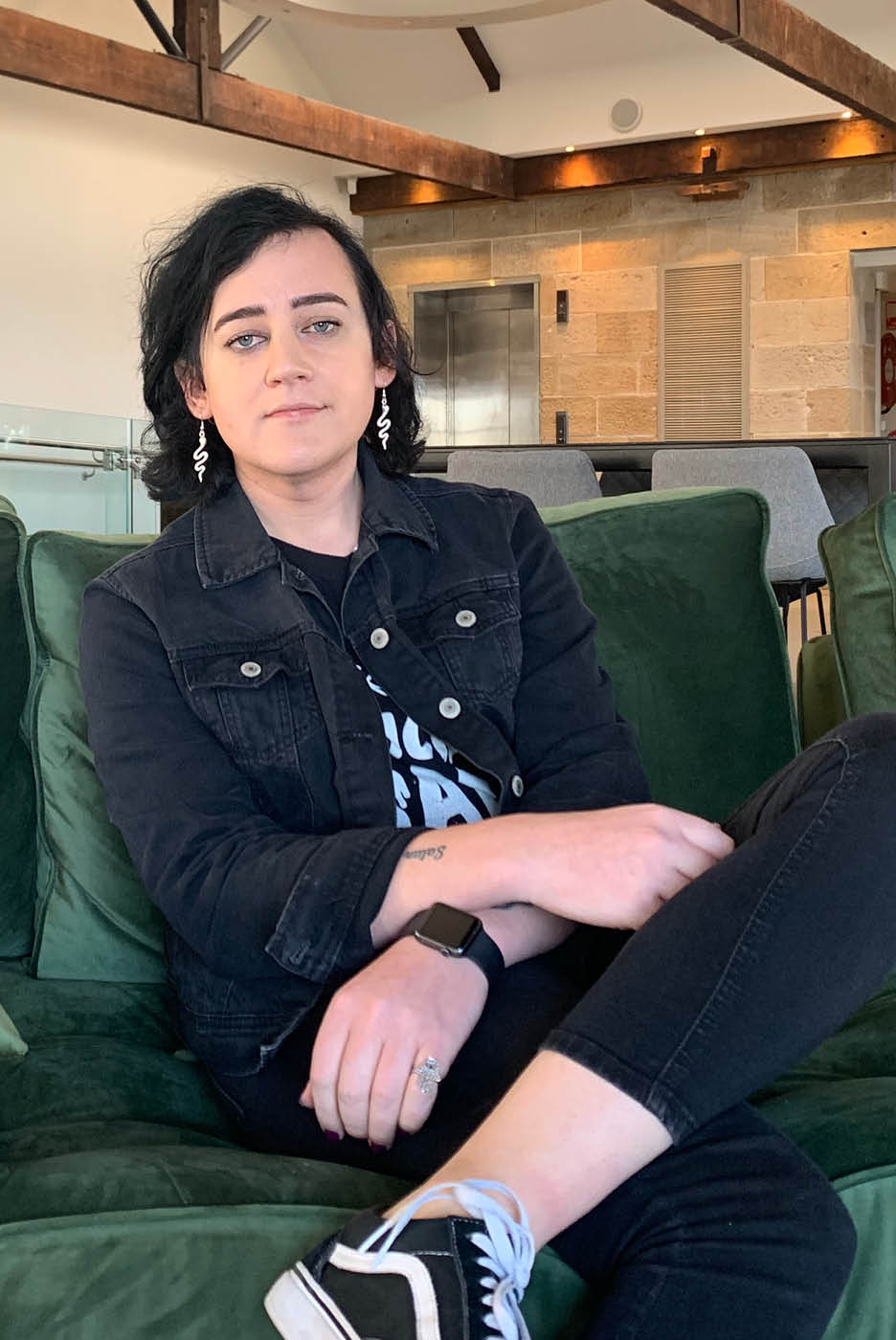
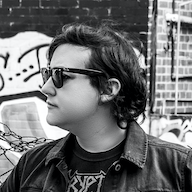

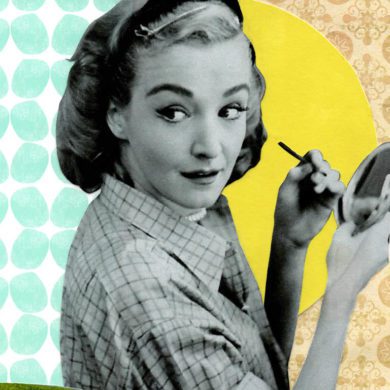
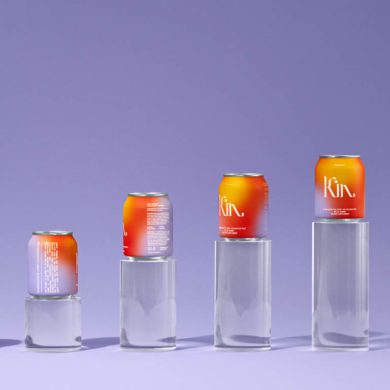



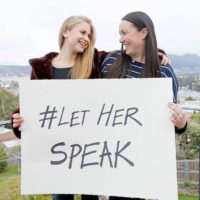
1 Comment